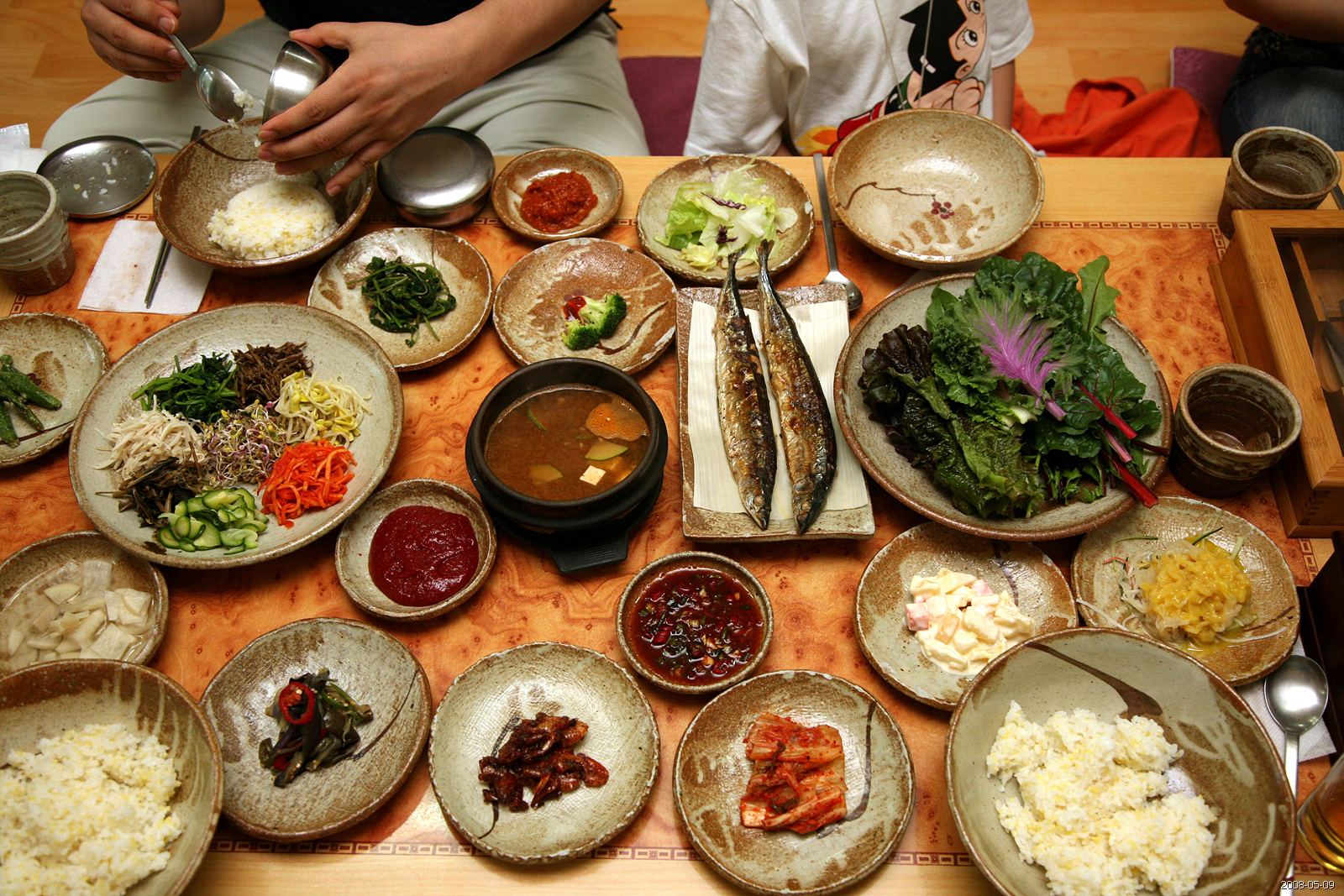Is Korean Food Healthy – Are you curious about the health benefits of Korean cuisine? From the savory flavors of kimchi to the sizzling delights of bulgogi, Korean food has gained global popularity for its distinctive taste and potential health advantages. In this article, we will dive into the nutritional aspects of Korean dishes, exploring how they contribute to a healthy lifestyle and what makes them a unique culinary experience.
Korean food is more than just a feast for the taste buds; it’s a journey into a culture rich in tradition and flavors. As we delve into the healthiness of Korean cuisine, let’s uncover the hidden gems that make it a standout choice for those seeking a balanced and delicious diet.
Is Korean Food Healthy? / Is Korean Food Healthy?
The Essence of Korean Cuisine
At the heart of Korean food is the concept of “Imsil N Cheese,” which translates to “food and people are one.” This philosophy emphasizes the connection between food and the community, fostering a deep appreciation for wholesome, locally-sourced ingredients.
A Nutritional Breakdown
Rich in Vegetables and Fiber
Korean dishes are abundant in vegetables, providing essential vitamins, minerals, and dietary fiber. Ingredients like spinach, radishes, and zucchinis are frequently used, adding both color and nutrition to meals.
Lean Protein Sources
Protein plays a pivotal role in Korean cuisine, with dishes featuring lean sources such as tofu, seafood, and grilled meats. This ensures a well-rounded protein intake without excessive saturated fats.
Fermented Foods and Gut Health
Fermentation is a cornerstone of Korean food preparation, giving rise to probiotic-rich foods like kimchi and doenjang. These foods promote gut health, aiding digestion and supporting a strong immune system.
Embracing Balance and Variety
The Role of Banchan
Banchan, the assortment of small side dishes, showcases the Korean commitment to variety. These diverse accompaniments not only tantalize the palate but also ensure a wide spectrum of nutrients in every meal.
Traditional Cooking Methods
Korean cooking techniques, such as grilling and steaming, preserve the natural flavors of ingredients while minimizing the need for excessive oils or fats.
Spices, Flavors, and Antioxidants
Korean cuisine relies on a harmonious blend of spices and seasonings like garlic, ginger, and red pepper. These ingredients are rich in antioxidants, contributing to overall well-being.
Korean Food and Weight Management
Mindful Eating Practices
Korean dining traditions emphasize mindfulness and communal eating, promoting slower consumption and preventing overeating.
Addressing Health Concerns
Sodium Content and Moderation
While some Korean dishes may have elevated sodium levels, mindful selection and portion control can help mitigate potential health risks.
Allergen Awareness
With the prominence of soy and seafood, those with allergies should exercise caution and communicate dietary restrictions when dining out.
Cultural Significance and Social Dining
Korean meals are often shared, strengthening social bonds and fostering a sense of unity. The act of eating together promotes mental well-being alongside physical health.
Cooking Korean Food at Home
Simple Recipes for Beginners
Trying Korean cuisine at home can be a delightful adventure. Start with easy-to-make dishes like bibimbap or pajeon to savor authentic flavors.
Exploring Korean Street Food
Korean street food offers a unique culinary experience. Indulge in treats like tteokbokki and odeng to truly grasp the dynamic range of Korean flavors.
Korean Food Beyond Borders
The global popularity of Korean cuisine showcases its adaptability and appeal. From Los Angeles to London, Korean restaurants offer a taste of tradition and innovation.
Conclusion
In a world where health-conscious choices are paramount, Korean food emerges as a splendid option. Its commitment to fresh ingredients, balanced nutrition, and cultural significance make it more than just a meal – it’s an exploration of wellness and connection. So why wait? Embark on your Korean culinary journey today!
FAQs
- Is Korean food always spicy?
- Not all Korean dishes are spicy. While spices are used, there’s a wide range of flavors catering to various preferences.
- Can I enjoy Korean food if I’m vegetarian?
- Absolutely! Korean cuisine offers an array of vegetarian dishes rich in flavors and nutrients.
- Are fermented foods safe for everyone?
- Generally, yes. However, if you have specific health conditions, consult a healthcare professional before consuming large amounts of fermented foods.
- Is kimchi the only type of Korean pickle?
- No, there are various types of Korean pickled vegetables, each offering its own unique taste and benefits.
- How can I recreate the umami flavor at home?
- Incorporate ingredients like soy sauce, mushrooms, and seaweed to achieve the sought-after umami taste in your Korean dishes.




